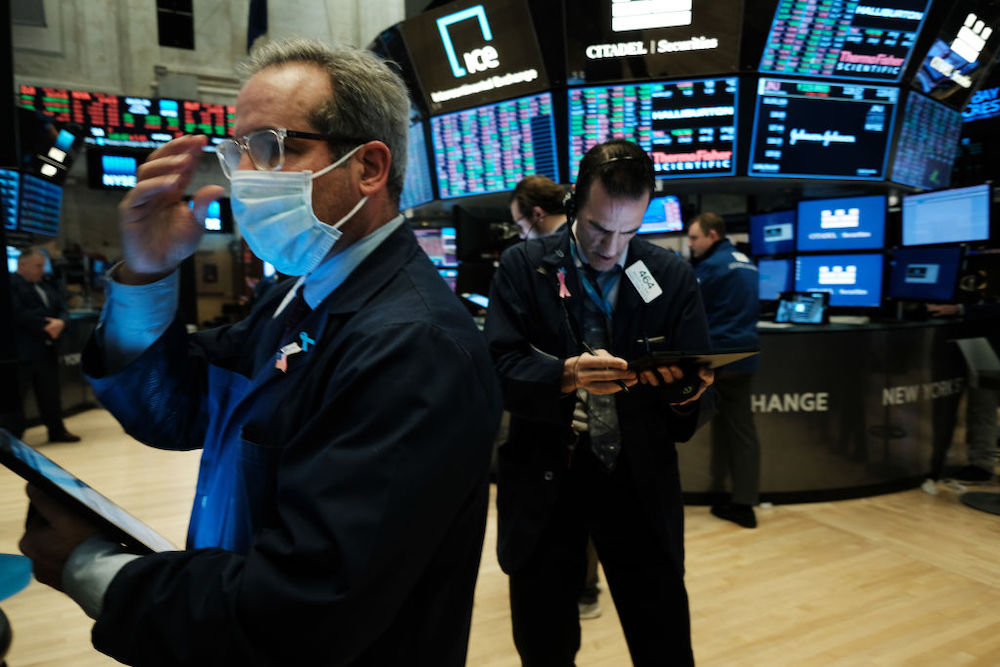- Sustainable investing must be nurtured by individual companies that promote and live green and carbon-decreasing solutions, experts say.
- Estimated net flows for 314 open-end and exchange-traded sustainable funds for U.S. investors reached $10.5 billion in Q1 2020, surpassing 2019’s Q4 total of $8 billion, according to Morningstar.
- Companies need to keep sustainability front and center, even in the face of the pandemic, according to sector leaders.
Impact investing remains strong, despite the COVID-19 pandemic, but experts say the sector must continue to find creative ways of financing and supporting sustainable companies in order to keep growing.
At the recent “Q&A Roundtable: The Future of Impact Finance,” co-sponsored by the Stanford Social Innovation Review, Mario La Torre, professor of sustainable finance and impact banking at the Sapienza University of Rome, said impact investing may face more competition for funding from traditional industrial sectors as they seek to restart following the pandemic. However, he added, sustainable companies have a successful track record to meet that challenge.
“We can also intentionally promote public-private partnerships based on a pay-for-results model,” he said at the roundtable, whose transcript was published Monday. “A new age of blended finance — oriented toward impact — will be the key to emerging from this emergency with strength.”
Beatriz Mejia Asserias, a faculty member in finance, government and international relations at Externado University of Colombia, told the panel that the COVID experience could lead to more impact investing in less-developed countries because it’s in its infancy there and the players may be more willing to try new types of investments with broader goals. “A positive result of this global crisis could be that [emerging] countries and companies will be more willing to push regulation for sustainable, green and carbon-decreasing solutions as the new norm,” Mejia Asserias said.
While the stock market has been extremely volatile overall, in the age of COVID-19 investing in companies promoting growth in environmental, social and governance issues soared in the first quarter of 2020, according to Morningstar, with estimated net flows for 314 open-end and exchange-traded sustainable funds for U.S. investors reaching $10.5 billion, surpassing 2019’s Q4 total of $8 billion.
The Global Impact Investing Network recently reported the impact investment market hit $715 billion in 2019 and will continue to grow.
For that to continue, individual companies and their leaders must make sure that sustainability remains a priority within the organization — pandemic or not — experts say.
During a recent panel sponsored by the Conference Board, France Bourgouin, director of global sustainability for Danish pharmaceutical firm LEO Pharma, emphasized that point.
“We are on the cusp of designing some of our goals,” said Bourgouin, who joined the privately held company that specializes in dermatology two years ago. “COVID will be this mark in our industry. Really, it’s an opportunity to rethink our strategy.”
And that strategy, outlined in the Conference Board’s “Key Factors for Incorporating Sustainability,” lays out some bold goals, including setting ambitious, science-based targets for their impact and changing corporate governance so that key sustainability strategies and decisions are disclosed. The group also advocates collaboration with outside organizations and engaging employees by communicating the connection between each employee’s work and the company’s sustainability work.
Bourgouin suggests companies reframe their business models toward sustainability, rather than making tweaks around the edges. “Retrofitting is more expensive than incorporating sustainability at the beginning,” she added.
Photo by Spencer Platt/Getty Images






















